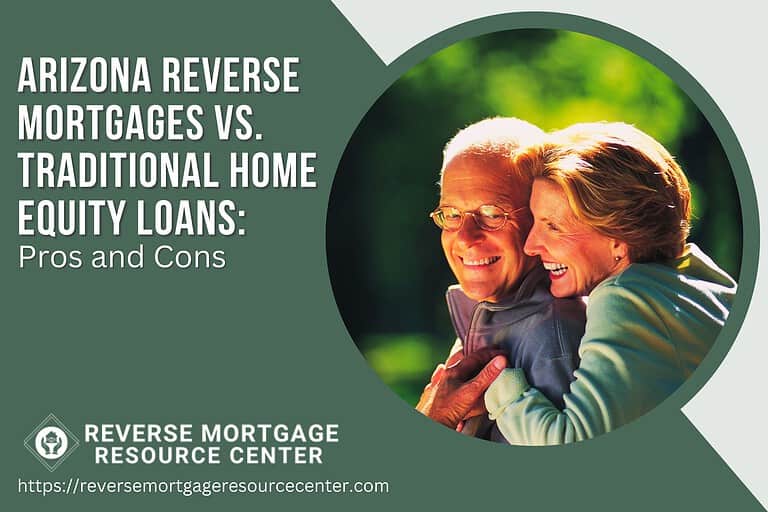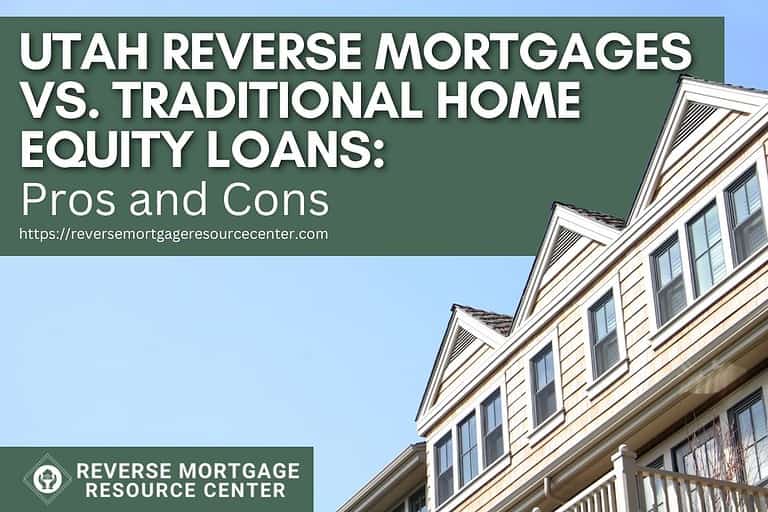Counseling for Wyoming Seniors: Understanding the Reverse Mortgage Process
Retirement should be a period of leisure and enjoyment, free of financial worries. However, as they hit their golden years, many seniors in Wyoming and across the country face financial concerns. Fortunately, a reverse mortgage is a financial tool that can give seniors a sense of relief and peace of mind. This detailed tutorial will examine the reverse mortgage process related to Wyoming elders. We’ll review the benefits, considerations, and counseling choices to help you decide whether a reverse mortgage is appropriate for your retirement.
The Reverse Mortgage Defined
A reverse mortgage is a financial instrument that allows homeowners 62 and older to turn a portion of their home equity into accessible funds without selling the house or making monthly mortgage payments. In contrast to the standard mortgage process, in which you must make payments to the lender, a reverse mortgage does not require monthly mortgage payments thus allowing seniors to access the funds they require to improve their financial status during retirement.
The Benefits of a Reverse Mortgage for Wyoming Seniors
1. Financial Flexibility
The financial freedom a reverse mortgage provides is one of its key benefits. Wyoming elders can use reverse mortgage funds to cover various needs, including medical bills, house repairs, and daily living expenses. This financial safety net enables seniors to preserve their independence and live a more comfortable retirement.
2. No Monthly Mortgage Payments
Monthly payments on a standard mortgage can strain a retiree’s fixed income tremendously. On the other hand, reverse mortgages do not require monthly payments as long as certain duties are met, such as home maintenance and on-time payments of property taxes and homeowners insurance. The lack of required monthly payments may reduce financial stress.
3. Retain Homeownership
Seniors frequently want to stay in their homes for as long as possible, and a reverse mortgage allows them to do so. You keep ownership of your property while tapping into the equity you’ve built up over time. When the last remaining borrower leaves the home permanently, the debt is due and payable, often through the sale of the property.
4. Tax-Free Income
The proceeds from a reverse mortgage are treated as a loan advance and are, therefore, not taxable income. This means you can spend the money without worrying about additional tax liabilities.
Counseling: A Crucial Step in the Process
Wyoming elderly should seek counseling before getting a reverse mortgage. Counseling helps elders learn about the reverse mortgage procedure, its implications, and alternatives. Here’s why counseling is so important:
1. Informed Decision-Making
Counseling sessions are led by HUD-approved independent counselors who have no financial investment in your decision. These experts provide balanced information regarding the benefits and drawbacks of reverse mortgages, ensuring you have all the knowledge you need to make an informed decision.
2. Financial Assessment
A thorough financial assessment is part of the counseling process to determine whether a reverse mortgage fits your financial circumstances. Counselors will assess your income, spending, and financial goals to determine whether a reverse mortgage fits you.
3. Exploring Alternatives
Reverse mortgage counselors will also discuss other financial options, such as government assistance programs, downsizing, or selling or renting your home. This comprehensive strategy guarantees that all choices are considered before making a decision.
The Reverse Mortgage Process
Now that we’ve established the advantages of reverse mortgages and the significance of counseling, let’s go over the steps for obtaining a reverse mortgage in Wyoming:
1. Find a HUD-Approved Counselor
The first step is to find a Wyoming HUD-approved counselor. A list of recognized agencies can be found on the website of the United States Department of Housing and Urban Development (HUD). To begin the process, schedule a counseling session.
2. Attend Counseling
During the counseling session, you will share your financial condition, goals, and questions with the counselor. They will issue you a certificate of completion, which you will need for the next steps in the process.
3. Choose a Lender
Following counseling, you can begin looking for a lender. Look for a reliable lender with reverse mortgage experience. They will assist you with the loan application and approval process.
4. Home Appraisal
Your chosen lender will coordinate an appraisal to ascertain the home’s current market value. This appraisal is required to determine the maximum loan amount you are eligible for.
5. Loan Approval
When your lender has received all required papers, they will submit your loan application for approval. The lender will verify your eligibility and finish the underwriting process during this time, which could take several weeks.
6. Closing
Once your loan is fully approved, the closing process will be comparable to a standard mortgage. You’ll sign the loan paperwork and gain access to the funds.
7. Enjoy Financial Freedom
After closing, you can use reverse mortgage funds to cover bills and improve your financial status. Remember that you are still liable for property taxes, homeowners insurance, and house maintenance.
Considerations and Precautions
While reverse mortgages provide major benefits to Wyoming elders, there are some potential negatives and measures to be aware of:
1. Loan Costs
There may be upfront and ongoing fees associated with reverse mortgages, such as origination fees, mortgage insurance payments, and servicing fees. Comprehending these fees and how they may affect your loan balance over time is critical.
2. The Effect on Heirs
A reverse mortgage may impact an inheritance if you intend to leave your house to heirs. When you move out of the property, or when you pass away, the loan becomes due and payable. Your heirs can repay the loan, keep the house, or sell it to pay off the debt.
3. Loss of Home Equity
A reverse mortgage might reduce the equity in your house over time. This can impact other avenues, such as selling your house to downsize.
4. Financial Responsibility
You are responsible for maintaining your home, paying property taxes, and obtaining homeowners insurance. Failure to meet these responsibilities may result in foreclosure.
REVERSE MORTGAGE RESOURCE CENTER ~LIVE LIFE ON YOUR TERMS~
Our Lending Team has been serving our clients since 2004. We are passionate about serving our clients with integrity to help them achieve their financial goals.







